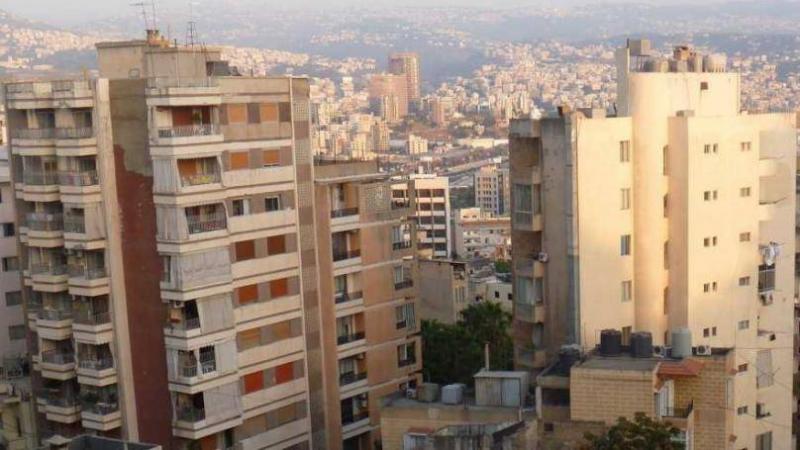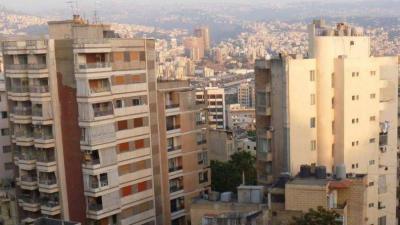The real estate sector is one of the biggest victims of the economic, financial, and monetary crisis. Not only have property prices dropped by nearly forty percent, but purchasing power has declined, depriving many Lebanese of the opportunity to own any property. Investment has also become difficult amidst declining demand, calculating costs in dollars, and deposits being withheld in banks.
Regarding the developments in the sector, Eli Souma, the head of the Association of Builders and Building Traders, confirms to "Al-Markazia" that "the situation is unstable and unhealthy today, and we await what the coming days will bring. It is true that constitutional deadlines are being met, such as parliamentary elections and the election of a Speaker of Parliament, which is a positive thing. However, the country is sick, with no official and administrative reassurances, and its overall situation is irregular, causing the construction sector— the backbone of the economy—to face difficulties that hinder the smooth functioning of the economic cycle and create an unfavorable environment for investment and purchasing. The Beirut Port explosion has created an unencouraging atmosphere, especially amid lack of accountability and procrastination in legal cases due to ongoing judicial strikes and political interference preventing the judiciary from fulfilling its duties. Additionally, all construction supplies are sold in cash dollars, while banks have seized deposits, causing depositors to lose their savings. Previously, one could purchase property with a bank check, but today that option has also ceased. All these factors and many others have created a kind of stagnation in the construction sector, even hampering any intentions for foreign investments, particularly from Gulf-Arab countries."
Regarding housing loans, he sees them as "good but still limited. The Public Corporation for Housing and the Director of the Housing Bank are making efforts to try to create solutions and improve the situation, but the general conditions are not encouraging for purchasing, especially after people lost their deposits." Souma points out that "with the inability to purchase, we are now witnessing barter transactions between a piece of land and an apartment, for example." He adds, "Expats in Australia, Canada, America, and Arab countries are buying apartments in Lebanon because an apartment that was sold before the crisis for $150,000 can now be purchased for $65,000, but this movement remains timid."
He concludes, "Our hope remains high for change after the parliamentary elections and the completion of deadlines. We always see light amid darkness, and we hope that conditions improve and that every responsible person fulfills their obligations."




